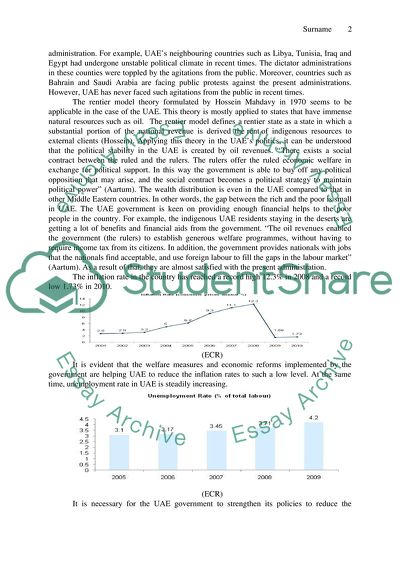Cite this document
(International Political Economy Assignment Example | Topics and Well Written Essays - 2000 words, n.d.)
International Political Economy Assignment Example | Topics and Well Written Essays - 2000 words. https://studentshare.org/macro-microeconomics/1854963-international-political-economy
International Political Economy Assignment Example | Topics and Well Written Essays - 2000 words. https://studentshare.org/macro-microeconomics/1854963-international-political-economy
(International Political Economy Assignment Example | Topics and Well Written Essays - 2000 Words)
International Political Economy Assignment Example | Topics and Well Written Essays - 2000 Words. https://studentshare.org/macro-microeconomics/1854963-international-political-economy.
International Political Economy Assignment Example | Topics and Well Written Essays - 2000 Words. https://studentshare.org/macro-microeconomics/1854963-international-political-economy.
“International Political Economy Assignment Example | Topics and Well Written Essays - 2000 Words”. https://studentshare.org/macro-microeconomics/1854963-international-political-economy.


